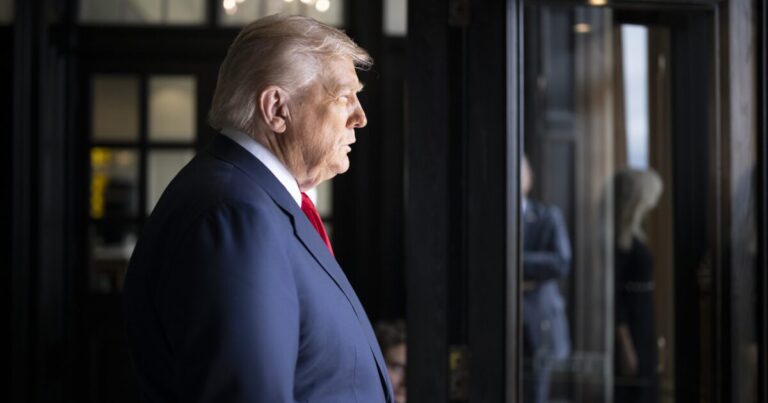Trump Announces Major Trade Deal with South Korea
Former President Donald Trump has unveiled a significant trade agreement with South Korea aimed at bolstering economic ties between the two nations. This announcement comes as Trump seeks to reinforce his legacy and influence in international trade relations.
Key Details of the Trade Deal
-
Investment Commitment: South Korea has pledged to invest $350 billion in U.S.-controlled investments, specifically selected by Trump.
-
Energy Purchases: The agreement includes a commitment from South Korea to purchase $100 billion worth of liquefied natural gas (LNG) and other energy products from the United States.
-
Tariff Structure:
- South Korea will incur a 15% tariff on goods exported to the U.S.
- The United States will not face any tariffs on its exports to South Korea.
-
Bilateral Meeting: Further details on investment commitments are expected to be disclosed during an upcoming bilateral meeting at the White House with South Korea’s new President, Lee Jae Myung.
- Trade Openness: The deal emphasizes that South Korea will remain open to U.S. products including cars, trucks, and agricultural goods.
Economic Context
South Korea is a critical player in global trade, ranking as the seventh-largest source of imports to the United States. In the previous year, South Korean exports to the U.S. amounted to $132 billion. The main items imported included:
- Automobiles and car parts
- Semiconductors
- Electronics
In contrast, U.S. exports to South Korea reached $66 billion, dominated by oil, gas, and industrial machinery.
Implications for Trade Relations
This trade agreement is seen as a strategic move to enhance economic collaboration and could lead to increased job creation in both countries. By facilitating American exports and encouraging South Korean investment, the deal aims to provide mutual benefits, thereby reinforcing economic ties amidst global uncertainties.
Conclusion
Trump’s announcement of the trade deal with South Korea marks a significant chapter in U.S.-Korean relations. The combination of substantial investments, energy purchases, and favorable tariff arrangements signals a commitment to deepening economic cooperation, which could have long-lasting effects on both economies.
For more on his economic policies and trade deals, click here.
For further insights on international trade agreements and their impact, check out resources on trade relations and global market trends.


